Animal Life news stories

Current global climatic warming is having, and will continue to have, widespread consequences for human history, in the same way that environmental fluctuations had significant consequences for human populations in the past.

Scientists believe they have found evidence of microbes that were thriving near hydrothermal vents on Earth’s surface just 300m years after the planet formed – the strongest evidence yet that life began far earlier than is widely assumed.
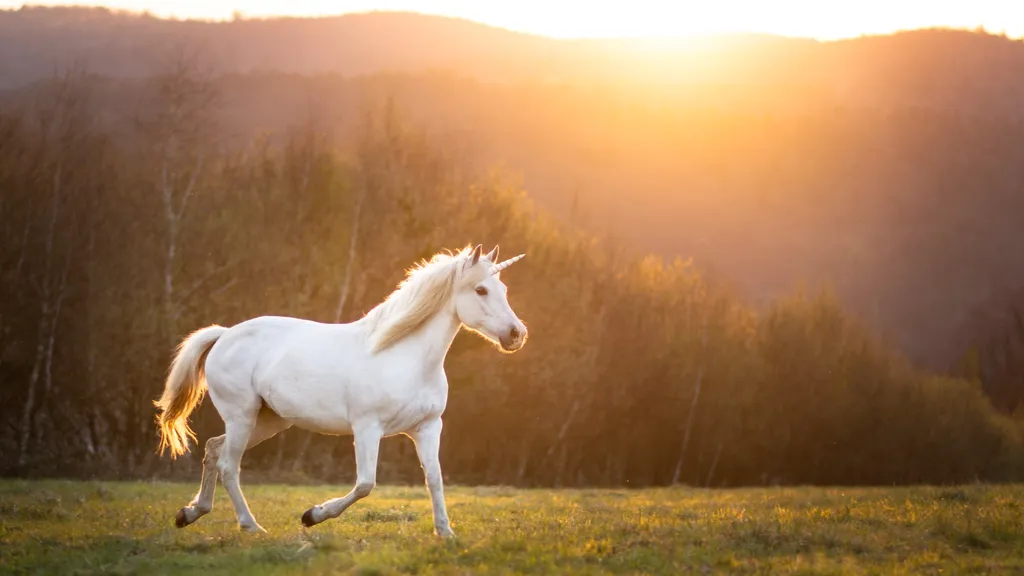
Unicorn-like imagery dates back to the Indus Valley Civilization (about 3300 B.C. to 1300 B.C.) in South Asia, which included parts of modern-day Afghanistan, Pakistan and India.
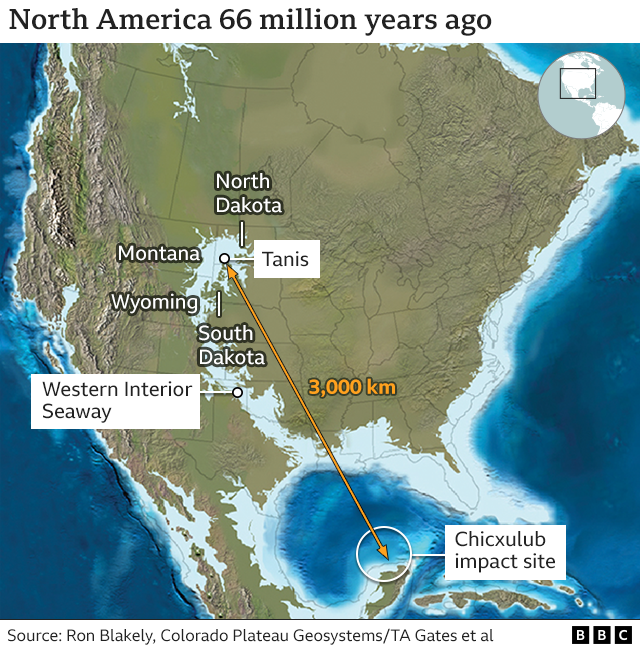
Scientists have presented a stunningly preserved leg of a dinosaur. The limb, complete with skin, is just one of a series of remarkable finds emerging from the Tanis fossil site in the US State of North Dakota.
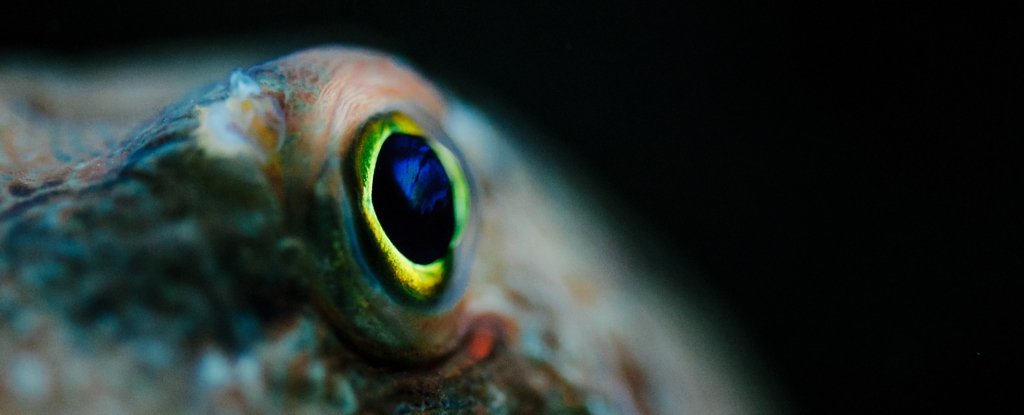
The discovery of octopus communities came as a surprise to biologists who have long described octopuses as solitary animals that interact with others in three specific contexts: hunting, avoiding being hunted, and mating.
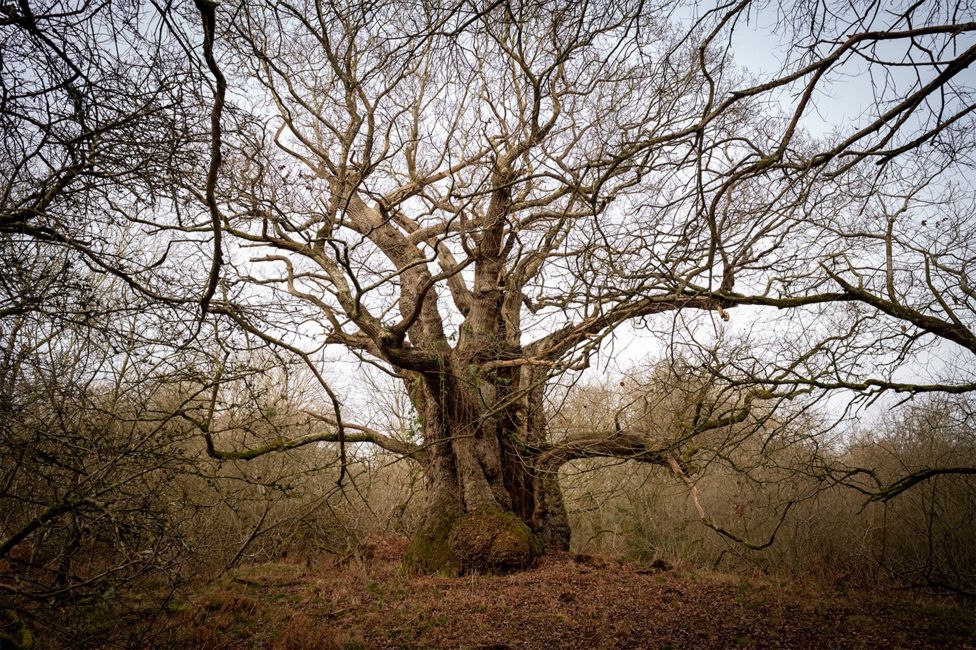
“They’ve lived for so long; just think what they’ve seen.” Forester Nick Baimbridge is gazing fondly at a majestic oak that has stood for more than a thousand years. On this wintry afternoon, birds sing from lichen-covered branches and a deer runs through the undergrowth.

Primates come up with new ‘kiss-squeak’ alarm calls that spread quickly through communities, research says.
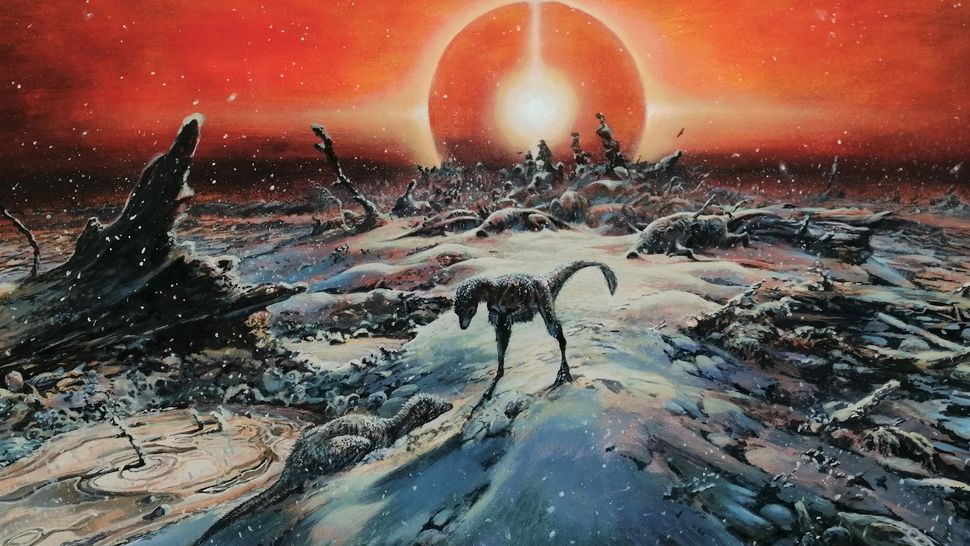
When the dinosaur-destroying asteroid collided with Earth 66 million years ago, massive amounts of sulfur — volumes more than were previously thought — were thrown high above land into the stratosphere, a new study finds.

As the full Moon rises, so too does the Northern black swift (Cypseloides niger borealis). When this little bird migrates from the Rocky Mountains to the Amazon rainforest, researchers have found it uses moonlight to regain its energy.
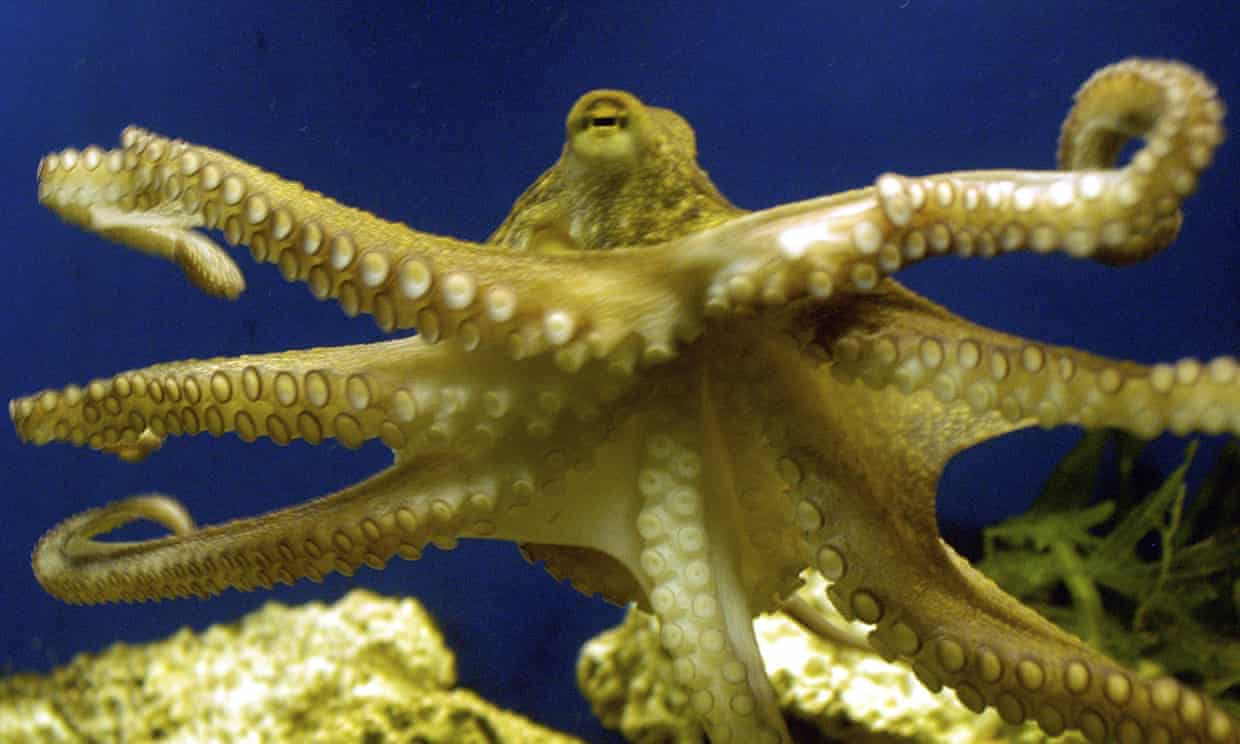
Scientists have found the oldest known ancestor of octopuses – an approximately 330m-year-old fossil unearthed in Montana. The researchers concluded the ancient creature lived millions of years earlier than previously believed, meaning that octopuses originated before the era of dinosaurs.
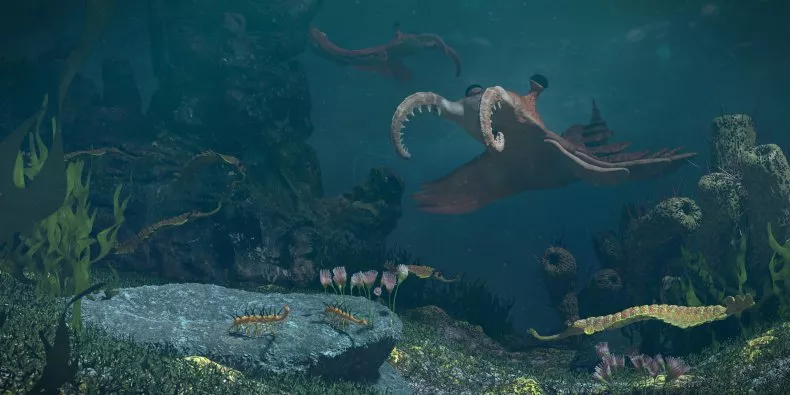
Scientists discovered traces of carbon—the element on which life on Earth is based—that appear to have come from the Cambrian Explosion.

There is a scientific reason that humans feel better walking through the woods than strolling down a city street, according to a new publication from UO physicist Richard Taylor and an interdisciplinary team of collaborators.

Having never evolved wings, many species of spider instead evolved an uncanny ability to take to the skies using nothing more than a few short threads of gossamer dangling from their dainty butts.
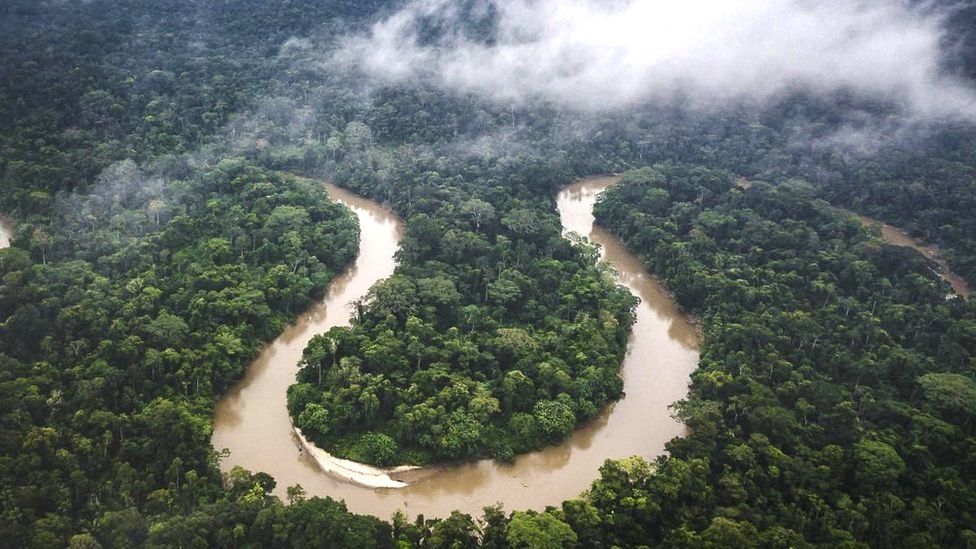
A study suggests the world’s largest rainforest is losing its ability to bounce back from damage caused by droughts, fires and deforestation.
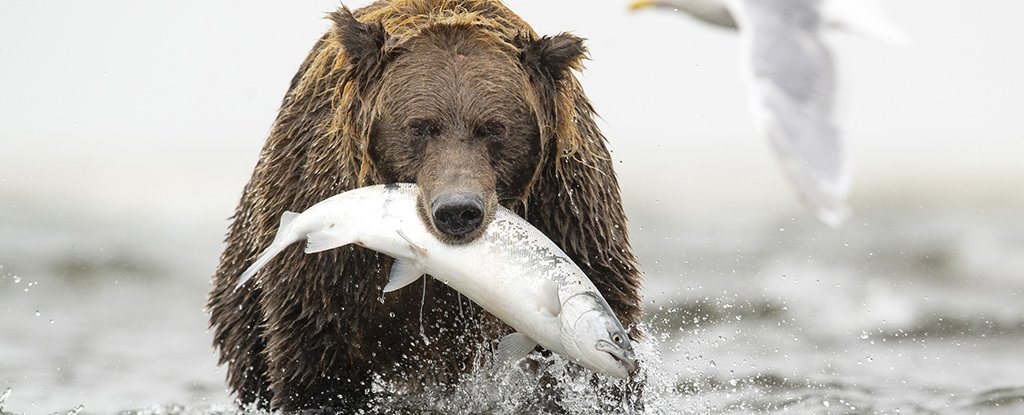
People have been trying to understand how predators and prey are able to stay balanced within our planet’s ecosystems for at least 2,400 years. The Greek author Herodotus even raised the question in his historical treatise Histories, written around 430 BC.
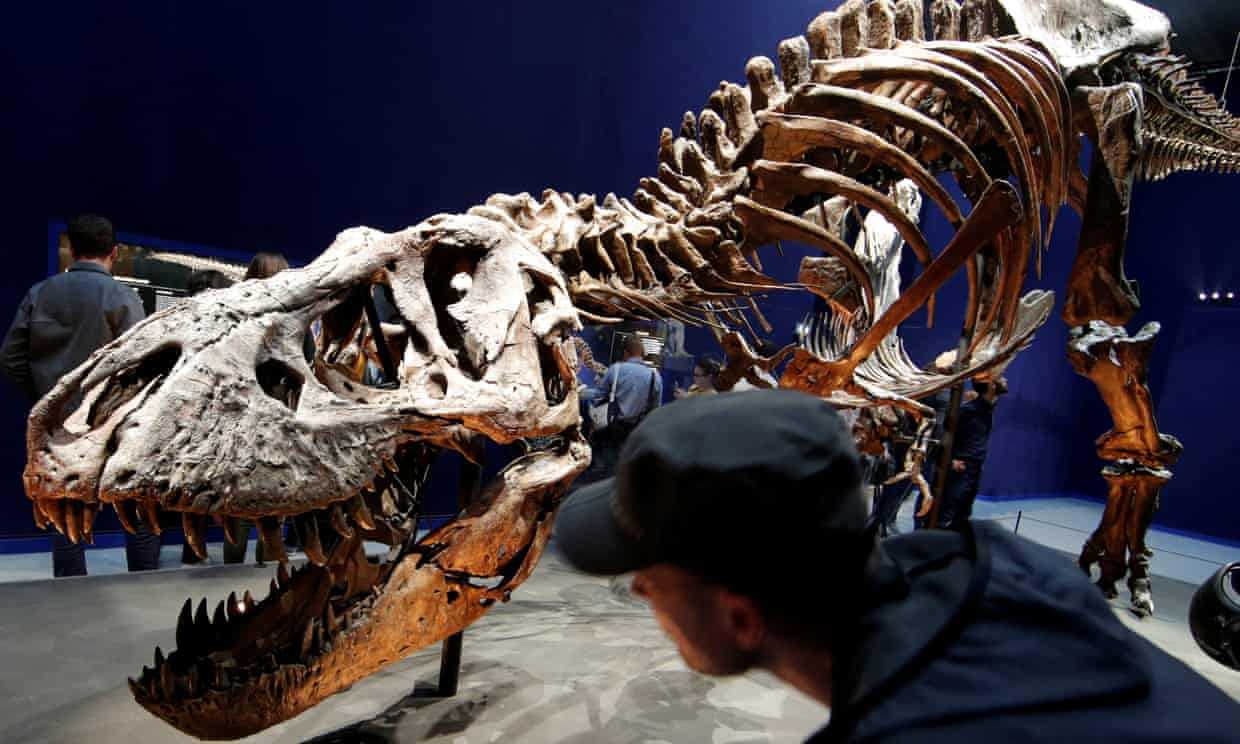
With its immense size, dagger-like teeth and sharp claws, Tyrannosaurus rex was a fearsome predator that once terrorised North America. Now researchers studying its fossils have suggested the beast may not have been the only tyrannosaurus species








